Doctor Sexual Assault Attorneys: Recognizing Sexual Misconduct in the Doctor's Office
Sexual misconduct within the confines of a doctor's office not only breaches professional boundaries but also deeply violates the trust patients place in their healthcare providers. Recognizing such misconduct involves identifying unwanted sexual advances, any form of sexual relationship, and other behaviors that exploit the inherent power dynamics between doctors and patients. For victims, knowing that experienced attorneys can guide them through legal recourse to seek compensation and hold perpetrators accountable offers a path towards empowerment and justice. Reporting these violations to state medical licensing boards is a critical step in reinforcing accountability and ensuring the ethical conduct of medical professionals. Exploring further provides insight into the complexities of handling legal recourse and the support resources available to survivors.
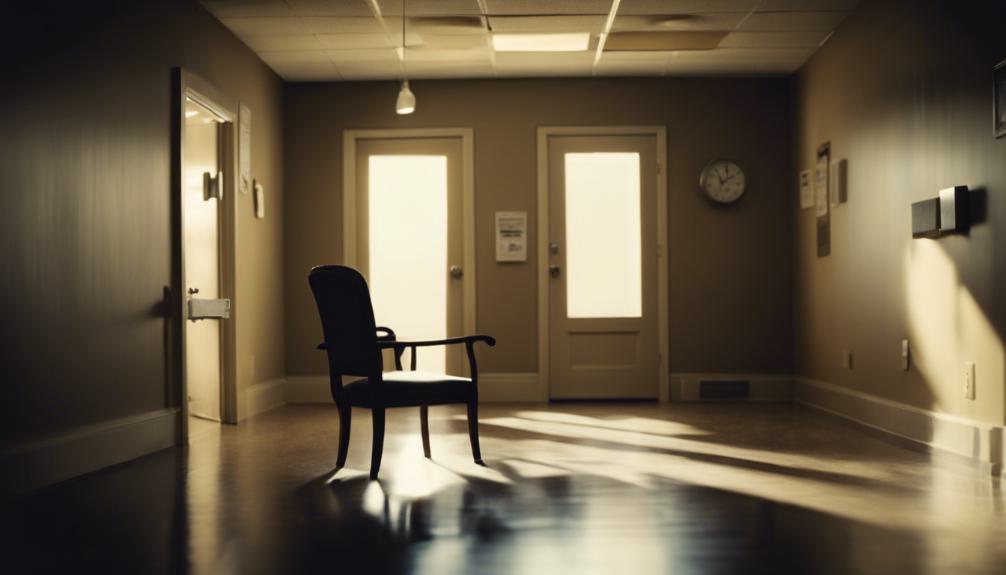
Understanding Survivor Empowerment

Empowerment for survivors of doctor sexual abuse is rooted in the legal avenues and support systems designed to uphold their rights and facilitate their journey towards justice. Experienced attorneys specializing in this field play a pivotal role, offering over 40 years of combined legal expertise to guide survivors through the complex landscape of civil litigation. This process not only seeks compensation for the survivors but also serves as a powerful mechanism to hold abusive doctors accountable for their actions. By filing a lawsuit, survivors contribute to a larger effort to guarantee future patients are treated with dignity and respect. Additionally, survivors have the option to report sexual misconduct to state medical licensing boards, further reinforcing the accountability of medical professionals and protecting the community from future harm.
Identifying Sexual Misconduct

Identifying sexual misconduct within the medical setting requires a clear understanding of behaviors and actions that violate professional boundaries and trust. It encompasses any unwelcome sexual advances, requests for sexual favors, and other verbal or physical conduct of a sexual nature. This may manifest as inappropriate touching, suggestive comments, or coercion into sexual acts under the guise of medical treatment. Recognizing these violations involves awareness of the power dynamics at play, where patients often feel vulnerable and may not immediately recognize the abusive nature of their doctor's actions. It is important to emphasize that any sexual relationship between a doctor and patient, regardless of consent, is deemed unethical and a breach of the medical profession's standards.
Legal Recourse for Victims

After recognizing the signs of sexual misconduct in a medical setting, victims have several legal avenues to pursue justice and compensation for their suffering. Victims can initiate civil litigation against the perpetrator, seeking monetary damages for the harm inflicted. This process not only serves as a means of personal empowerment but also holds the abuser accountable, potentially safeguarding future patients. Additionally, survivors have the option to report the misconduct to state medical licensing boards, which can investigate the accusations and take disciplinary actions against the offending doctor, including revocation of their medical license. These steps are critical in the broader fight against sexual misconduct within the healthcare sector, ensuring that medical professionals adhere to the highest standards of ethical conduct.
Grooming and Coercive Tactics
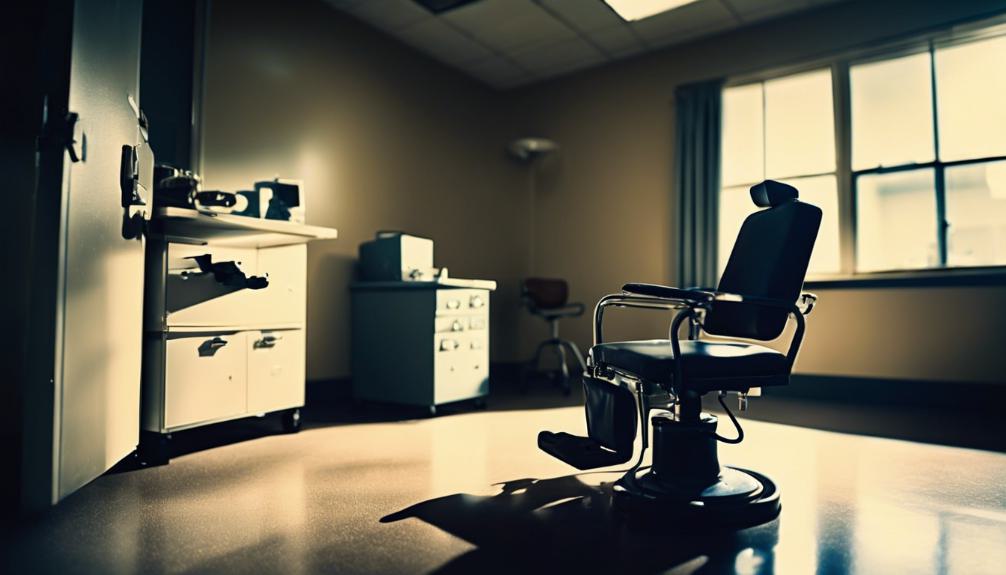
Grooming and coercive tactics are sophisticated methods frequently employed by abusive doctors to manipulate and exploit their patients. These practices often begin subtly, establishing a false sense of trust and dependency. Through seemingly benign actions, an abusive doctor may gradually desensitize the patient to touch and boundary crossing, disguising their intentions under the guise of medical necessity. Coercive tactics might include manipulation, intimidation, or exploiting a patient's vulnerability, such as their health concerns or emotional state, to diminish their ability to refuse or question inappropriate behavior. This calculated manipulation creates an environment where the patient feels isolated, confused, and powerless, greatly hindering their capacity to recognize the abuse or seek help. Recognizing these tactics is vital for patients to protect themselves and seek justice.
Recognizing Power Dynamics
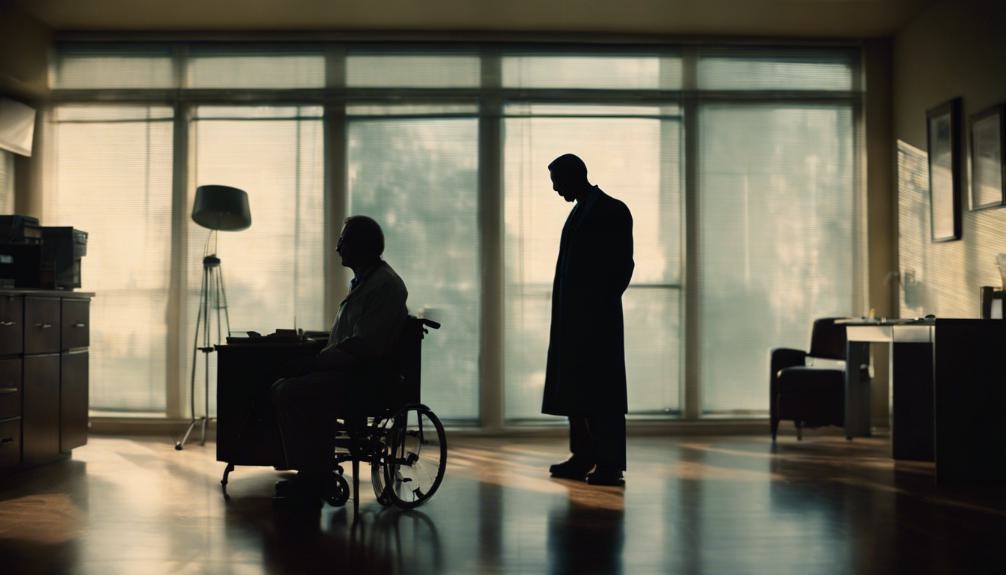
Understanding the inherent power imbalance between doctors and their patients is essential for recognizing and addressing sexual misconduct in the medical field. This dynamic positions the doctor as an authority figure, wielding significant influence over their patient's health decisions and well-being. Patients often place unwavering trust in their healthcare providers, expecting a professional and essential standard of care. This trust, however, can be exploited by those with malicious intent. Recognizing this power dynamics is critical for identifying instances where the boundary between professional conduct and exploitation becomes blurred. Awareness of these dynamics empowers patients to discern between genuine medical advice and manipulative behavior, fostering an environment where sexual misconduct is less likely to be overlooked or dismissed.
Reporting and Accountability Measures
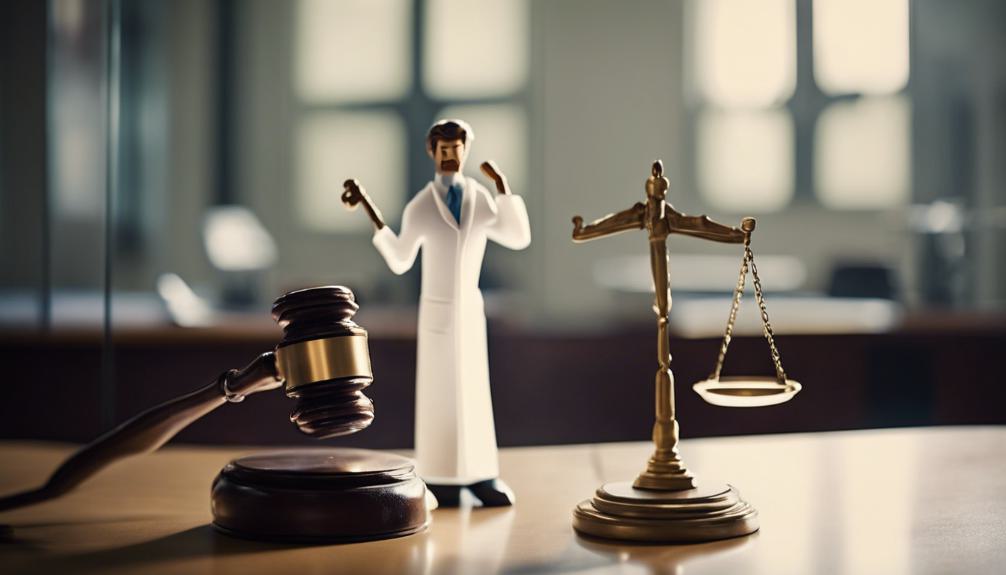
Implementing effective reporting and accountability measures is vital for addressing instances of sexual misconduct within the medical profession. This involves creating transparent, accessible, and supportive systems that encourage survivors to come forward without fear of retaliation or disbelief. Robust procedures for investigating complaints must be established, ensuring that all allegations are taken seriously and examined thoroughly. Medical institutions and regulatory bodies should work collaboratively to enforce strict disciplinary actions against perpetrators, including revocation of medical licenses if necessary. Additionally, it is essential to foster a culture of accountability within healthcare settings, where co-workers feel empowered to report unethical behavior. By prioritizing the safety and dignity of patients, the medical community can take significant strides toward eradicating sexual misconduct.
Ethical Violations by Physicians

Ethical violations by physicians, particularly those involving sexual misconduct, profoundly breach the trust foundation essential between doctors and patients. Such breaches not only compromise patient safety and well-being but also tarnish the integrity of the medical profession. The American Medical Association clearly categorizes any form of sexual contact between physicians and patients as misconduct, underscoring the gravity of these actions. The dynamic of power and trust inherent in the physician-patient relationship means that any sexual activity is inherently exploitative. Furthermore, ethical breaches extend beyond the immediate harm to individual patients, affecting public trust in healthcare systems. Physicians found guilty of such violations face not only professional repercussions but also the moral responsibility for the irreparable damage inflicted on the lives of those they were bound by oath to protect.
Legal Framework and Malpractice

While ethical violations by physicians greatly impact the trust between doctors and patients, the legal framework surrounding medical malpractice provides a structured avenue for addressing and rectifying such breaches. This legal structure allows survivors of doctor sexual abuse to pursue justice through civil litigation, holding perpetrators accountable for their actions. Medical malpractice law encompasses a range of wrongful acts, including sexual misconduct, thereby acknowledging the severity of such violations. Within this framework, survivors can file lawsuits against offending physicians and, in some cases, their employers, if negligence in hiring or inadequate supervision is evident. Such legal actions not only seek compensation for the survivors but also serve to enforce standards of professional conduct, deter future misconduct, and protect the patient community at large from similar abuses.
Navigating Challenges for Survivors

Survivors of doctor sexual abuse encounter numerous obstacles in their journey towards healing and justice, including social stigma, legal complexities, and personal trauma. The fear of not being believed or facing retaliation from powerful medical institutions can be paralyzing, discouraging victims from coming forward. Additionally, the complexities of the legal system, which vary markedly by jurisdiction, pose a challenging challenge. Many survivors struggle with the emotional aftermath of their experiences, which can interfere with their ability to pursue legal action. The lack of transparent reporting mechanisms and the potential for cases to be minimized or ignored by medical boards and hospitals further complicate the path to accountability. Each of these factors contributes to a landscape where survivors must navigate a complex maze of barriers to seek justice.
Steps for Taking Legal Action
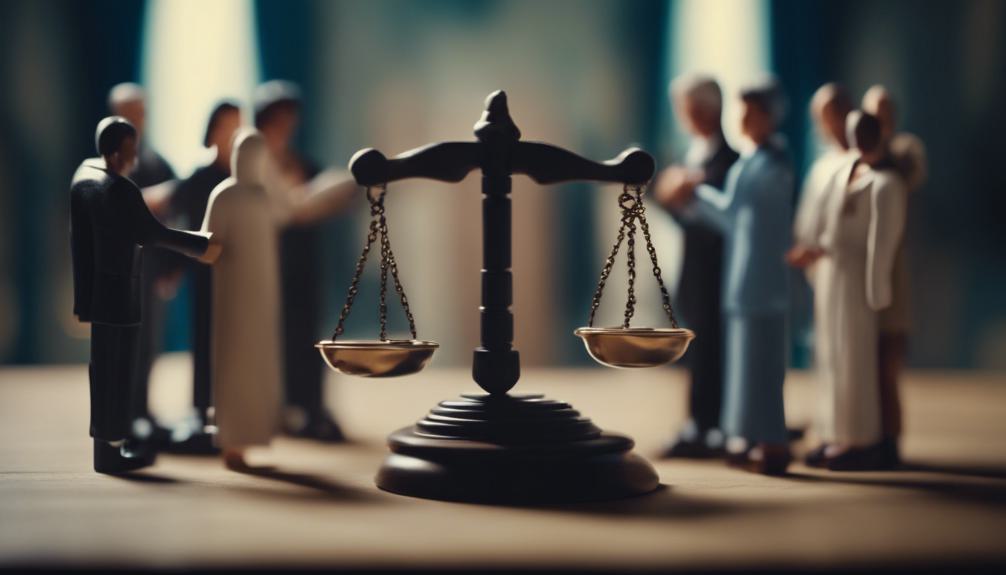
Taking legal action against doctor sexual abuse begins with understanding the various pathways available to survivors for seeking justice and holding perpetrators accountable. First, survivors can consult with experienced attorneys specializing in sexual abuse cases, who can guide them through the process of filing a lawsuit or seeking settlement for damages. This legal route not only seeks compensation for the survivor but also serves to prevent future misconduct by holding the abuser accountable. Additionally, survivors have the option to report the misconduct to state medical licensing boards, which can investigate the allegations and potentially revoke the doctor's medical license. This action not only serves justice but also protects future patients from potential abuse. Each step taken is a stride toward healing and ensuring such violations are not perpetuated.
Support Resources for Survivors

Numerous organizations and platforms offer specialized assistance and counseling to those who have endured sexual misconduct in a medical setting. Survivors seeking support can turn to national hotlines, such as the National Sexual Assault Hotline, which provides essential advice and resources. Local support groups and mental health professionals specializing in trauma from sexual abuse are also valuable resources. Vital support is important for those considering action against perpetrators; many legal firms and advocacy groups offer free consultations to help survivors understand their rights and options. Additionally, online forums and community support networks offer a platform for survivors to share their experiences and receive emotional support from others who have faced similar challenges, fostering a sense of community and mutual understanding.

This post has been generated by AI and was not reviewed by editors. This is Not legal advice. Please consult with an attorney.




